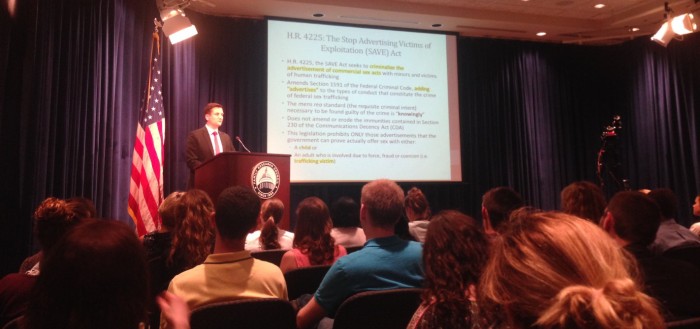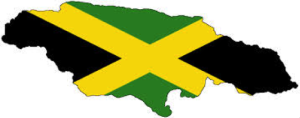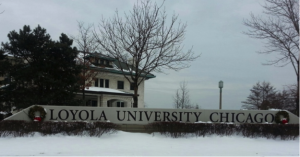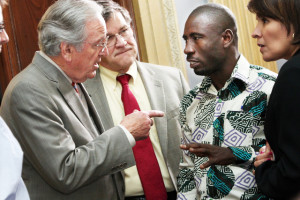My name is Marian, and I’m a grateful OG survivor!
This year, I celebrated 20 years clean and sober and out of life. At the some time, I am 10 years healed from triple-negative breast cancer.
While maintaining sobriety and health issues are experiences mainstream society faces, those of us moving forward after the trauma of paid rape have a challenging journey.
The road from victim to survivor to survivor leader is an individual journey. Along the way, we bond with others at different points of our growth, sharing experiences, failures, and triumphs.
I want to let you know of a unique opportunity for attendees of this year’s jUST conference. We, the ‘Older Gals; or ‘Older Generation’ of survivor leaders, will be your opening keynote session,
OG’s Speak Out: Navigating Life Beyond Exploitation
Some refer to us as ‘Elder Survivors,’ a term of endearment and respect, because we have had rich journeys as survivor leaders for decades. We are friends, colleagues, and, most of all, sisters.
Our sisterhood has standard systems of prostitution and the journey out. It is that journey out that we will share in our conversation with each other and you. Meet my sisters!
Hello, I’m Vednita
I am the founder of Breaking Free. Younger generations tell me in group settings that things are different from when I was “in the life.” I ask, how? You’re still exploited, whether it’s direct or indirect exploitation. The technology may evolve, but the degradation of being used, purchased for a price for sex, or pornographic imagery still reduces you to an object.
Hello, I’m Terry
I joined the movement when I met Vednita Carter, Founder of Breaking Free. She introduced me to the issues surrounding exploitation, and it was then that I understood I was not alone. I began reading books by fellow survivors like Andrea Dworkin and articles by Melissa Farley and Gail Dines. In reading the stories, I started to see a bigger world where hope sprung. I had so many questions and didn’t know where to find the answers because I was afraid to voice my fears. Many of the answers came from conferences like JuST.
Hello, I’m Audrey
Those of us who have been in the movement for a while have much to offer. You have some up-and-coming leaders who are missing an opportunity to learn from OG’s! Mistakes we’ve made, like not prioritizing self-care and learning when to say no. Women of color share experiences and bring awareness so they don’t feel alone when discouraging things arise. They can keep moving forward and work with allies who want to support them, but they often need to hear from survivors to do so successfully. It can help you reach back and gather strength from OGs to keep moving against the naysayers and the struggles.
We are looking forward to hosting you in a salon, which has its roots in the aristocracy of France in the late 17th and 18th centuries.
Historically a male-dominated structure, the gathering discussed literature, art, philosophy, music, and, of course, politics. It was to become the model for the feminist movement, providing a space to discuss issues of social status and power.
There is no better forum to discourse on the disenfranchised and disempowered due to sexual violence. In this intimate setting, without harsh light, seated in a circle, tears may flow, and laughter may follow. Heartbeat to heartbeat, humanity is the goal—dignity and respect for all.
Delving into life after various systems of prostitution will allow you a unique opportunity to engage with us older gals as we share our multifaceted path to healing.
Our journeys range from the 1980s to 2024. We are providing not only personal perspectives but also historical, socioeconomic, legal, and political viewpoints.
Street, online, and image-based exploitation will be discussed, as well as laws used against us and laws we fought for!
We have a deep bench to use a sports phrase. From Executive Directors and officers of NGOs to policy experts and civilian law enforcement, our experience has, in many ways, established lasting threads in the tapestry of the “movement.”
Those threads are sinew binding together adversity, disrespect, pain, and loss with strength, healing, love, and liberation. This is the reality of our tapestry: never forgetting what we’ve been through but choosing to live forward-thinking and focused.
Join the conversation with us, the ‘old gals,’ the ‘older generation’ of survivor leaders, as we allow the strength of our friendship and accomplishments to give hope. Survivors and allies, come one, come all!
“Through our narratives, we aim to offer insights from our diverse journeys. From rebuilding shattered self-esteem to reconciling with loved ones, we have faced and overcome many challenges. Our stories illuminate the profound wisdom gained through adversity and the sacredness of the journey toward wholeness.”
Audry, Marian, Terry, and Vednita
 Even more surprising is the fact that websites earned a total of $45 million in revenue from prostitution advertising in the United States last year. In the average month Backpage.com receives $4-$5 million from these types of ads, which often involve underage children. Legitimate, legal, multimillion dollar corporations are currently profiting from criminal activity and the plight of trafficked children as they generally choose to ignore the fact that their services are facilitating these crimes. It should be noted that not every corporation has disregarded this issue, however, as Google has recently made a highly publicized decision to remove all pornographic ads and links to sexually explicit websites from their services.
Even more surprising is the fact that websites earned a total of $45 million in revenue from prostitution advertising in the United States last year. In the average month Backpage.com receives $4-$5 million from these types of ads, which often involve underage children. Legitimate, legal, multimillion dollar corporations are currently profiting from criminal activity and the plight of trafficked children as they generally choose to ignore the fact that their services are facilitating these crimes. It should be noted that not every corporation has disregarded this issue, however, as Google has recently made a highly publicized decision to remove all pornographic ads and links to sexually explicit websites from their services. As a native of Jamaica, my anticipations of returning home are always filled with excitement and joy. I think of visiting family members, activities and events and the food. While this trip is filled with excitement and joy it is also filled with a bit of nervousness and fear. For the very first time, I will witness the effects of human trafficking on my island home of Jamaica.
As a native of Jamaica, my anticipations of returning home are always filled with excitement and joy. I think of visiting family members, activities and events and the food. While this trip is filled with excitement and joy it is also filled with a bit of nervousness and fear. For the very first time, I will witness the effects of human trafficking on my island home of Jamaica. I am very honored to join Shared Hope in Jamaica as we conduct a site visit to our Jamaician partners. I will be blogging while I am there so check back as I take this journey of an abnormal return home. Who knows, you just maybe offered a plate of ackee and saltfish (the national dish) and some festival similar to the picture on your right.
I am very honored to join Shared Hope in Jamaica as we conduct a site visit to our Jamaician partners. I will be blogging while I am there so check back as I take this journey of an abnormal return home. Who knows, you just maybe offered a plate of ackee and saltfish (the national dish) and some festival similar to the picture on your right.









